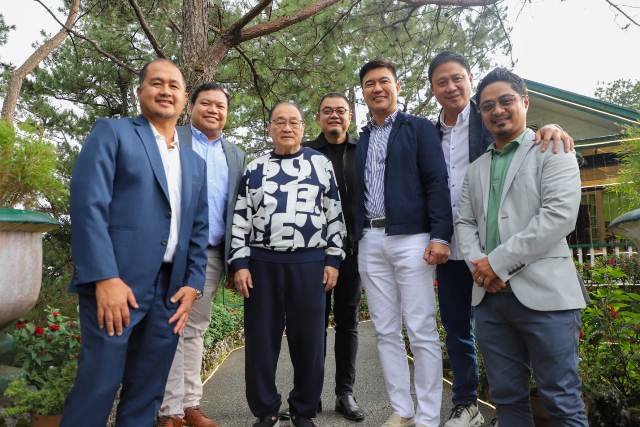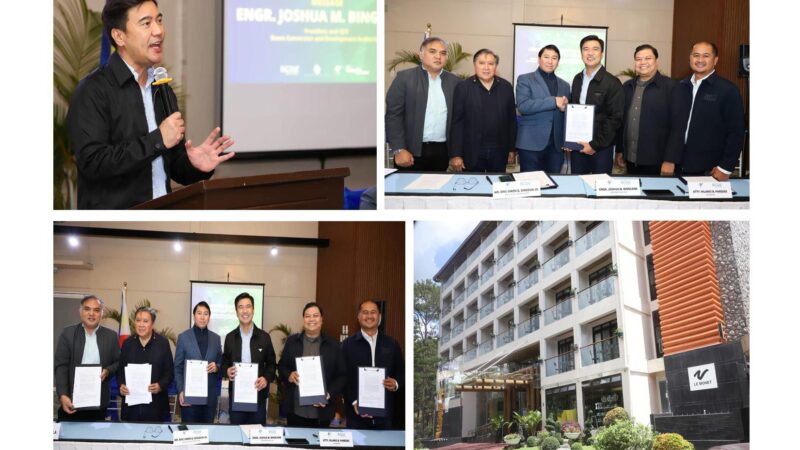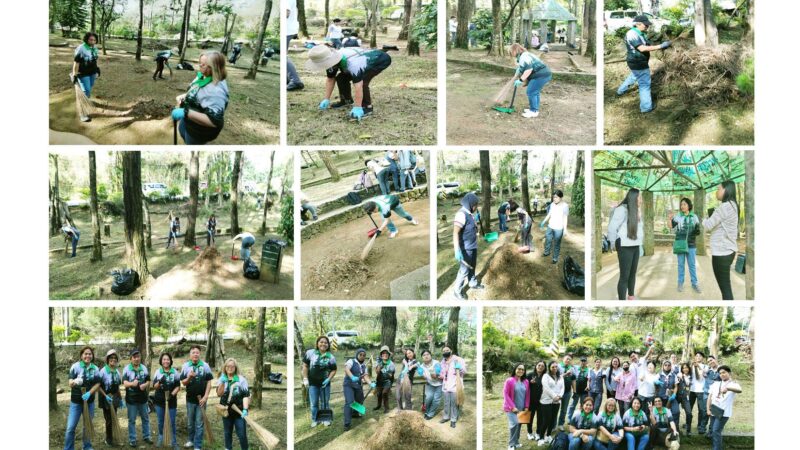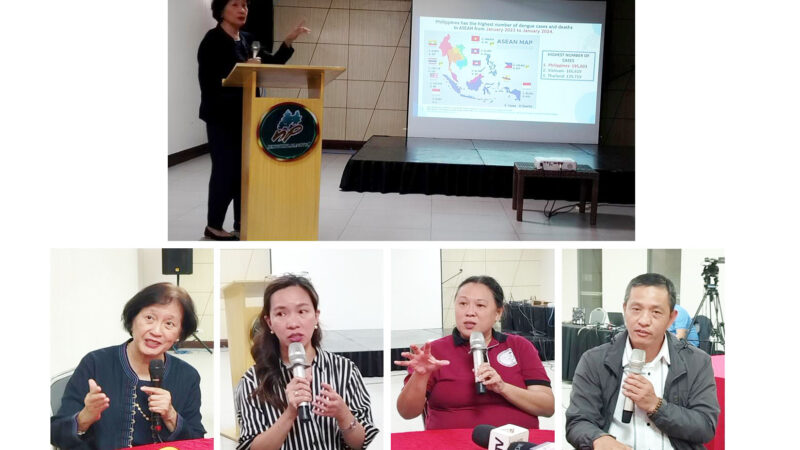Water care and cycle emphasized in on-site waste water treatment technologies presented by JICA and Japan water company

City executives led by Mayor Benjamin Magalong took turns in emphasizing the importance of clean water in a water treatment technology as presented last week by FujiClean Co. with the Japan International Cooperation Agency, Philippines.
As water quality is a critical issue, Mayor Magalong noted that Bued and Balili rivers have been found through laboratory and water quality tests to be more polluted than that of Pasig River.
We are morally responsible for having clean waters and keeping it that way, the mayor pointed out.
Balili river flows through the city’s water systems, converges along Km. 3, La Trinidad and goes to La Union, and serves as a water source for animals, farms and some households.
Thus, a very strong partnership with experts directly involved in keeping clean water is best, the mayor said. He added that the recognized Jokaso system of FujiClean shares innovative ways of wastewater and septage treatment.
Assistant head of the City Environment and Parks Management Office (CEPMO) Marivic Empizo who delivered the keynote message said the increase of wastewater volume generated by population increase by both residents and tourists should be addressed, through advances in technology, such as that offered by the Jhokaso system of FujiClean Inc.
Empizo said on-site waste water treatment technology provides benefits to the city such as water reclamation for non-potable uses. This would save precious potable water resources, Empizo said.
The city would be put in the limelight as a model in sustainable water management specially for urban centers, Empizo added.
Takema Sakamoto of the JICA focused on the close friendship between the two countries, where Japan offers official development assistance to the Philippines through wide-ranging support instruments including water sanitation technologies.
Soft loans, grants and technical cooperation towards improving the health sector, and contributing towards a healthy living environment, is a great part of JICA’s programs, Sakamoto said.
We pride ourselves on ensuring good health, clean water and sanitation and sustainable infrastructure through the Jokaso onsite wastewater treatment technology.
As explained by the engineers present, the Jokaso technology is a centralized sewage treatment plant with basic treatment processes: sedimentation, sludge accumulation, denitrification through the anaerobic and aerobic chambers, and finally disinfection through Chlorine tablets.
The treated water may be used for irrigation/agricultural or industrial processes. The water sanitation procedures mentioned may go through the tubular type, for commercial or the capsule type, for residential or commercial building.
The technology has received certifications from four countries for their water sanitation processes. Accordingly, the projects achieved are for residences, municipal sewer, office, apartment, fast food, island restroom, community center, hospital, plaza, nursing home, gas station, national park, lodge, restaurant, logistics center, shopping center and many others.
Other officials present are Assistant manager of Fuji Clean Masayuke Tsuge, Chief Engineer of Japan Sewage Works agency Ryo Matsda, and Professional Engineer of Original Engineering Consultants Co, Shigeo Hayawaka and Tadashi Suzuki.
Attendees for the city government include Water and Hazardous Waste Materials Division head Engr. Wilbur Suanding and Pollution Control Officer Engr. Joseph Willy.
Other officials present are from the Department of Health, Environmental Management Bureau – Department of Environment and Natural Resources and other agencies.
The technology shall be thoroughly studied as best fit for the city’s mountainous terrain and topography.- JGF







